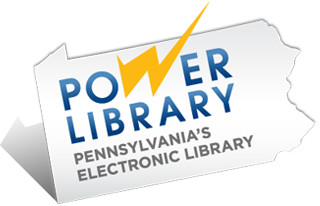May 11, 2022
Harrisburg, PA – The Pennsylvania Department of Education (PDE) today announced that Pennsylvania’s public electronic library, POWER Library, has acquired 350 new e-books for users to explore, bringing the total of available titles to approximately 20,000.
“Through POWER Library, Pennsylvanians have access to e-content to supplement K-12 education and higher education,” said Deputy Secretary for the Office of Commonwealth Libraries Susan Banks. “This is an effective way to provide equitable access to resources for Pennsylvanians via internet and devices, because schools and people without a dedicated public library can access all of these titles online through POWER Library.”
The 350 new titles are available in the subject areas of Diversity, Equity, Inclusion, and Belonging; Mental Health; and STEM (Science, Technology, Engineering, and Math). All e-books are viewable on screen, and many are available for download and offline viewing.
The e-books are available on the POWER Library website in Find E-resources under the following categories EBSCO E-books, Gale E-books, and ProQuest E-book Central. Users will be prompted to enter a public library card number to access them, but those without a library card can sign up for an e-card for immediate access.
POWER Library is made possible in part by Library Services and Technology Act (LSTA) funds from the U.S. Institute of Museum and Library Services and through the Commonwealth of Pennsylvania’s Library Access funds administered by PDE’s Office of Commonwealth Libraries.
In his 2022-23 budget proposal, Governor Tom Wolf has requested a $1.25 million increase for libraries, including a $1 million increase in the Public Library Subsidy. The subsidy goes directly to local libraries, library systems, 29 district library centers, and provides every Pennsylvanian access to statewide resource center libraries at State Library of Pennsylvania, the Carnegie Library of Pittsburgh, the Free Library of Philadelphia, and the libraries of The Pennsylvania State University.
Pennsylvania is committed to ensuring that all Pennsylvanians can easily access the library resources that exist not only in their own communities but also across the commonwealth. The commonwealth helps defray the cost of basic operations of Pennsylvania’s more than 600 local public libraries that annually serve more than 16 million visitors who borrow nearly 60 million books, including digital content.
# # #

